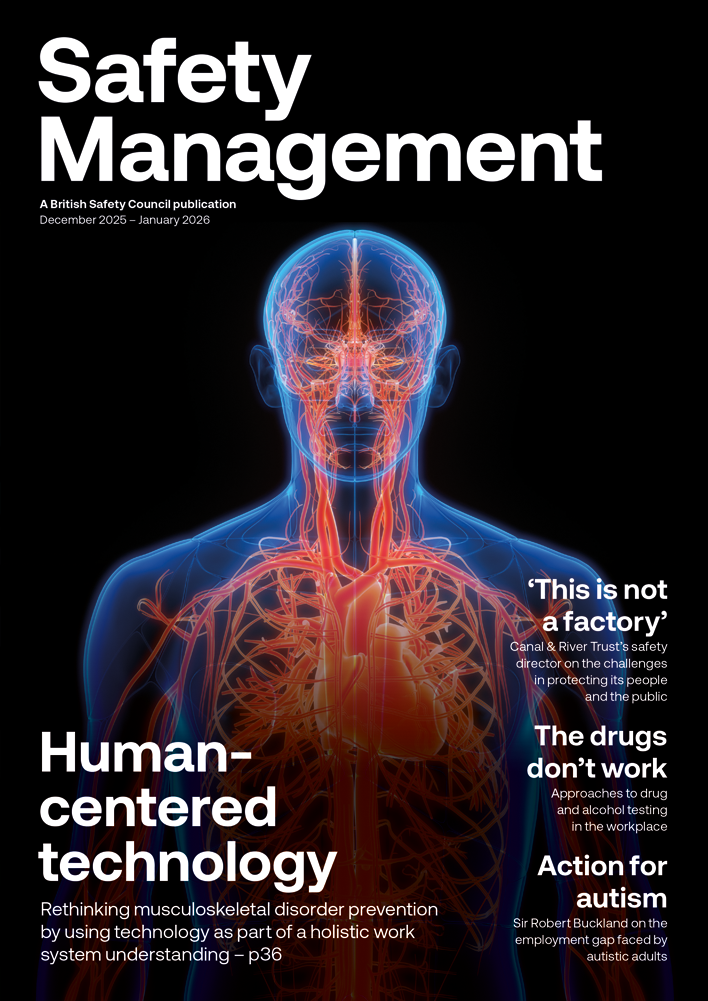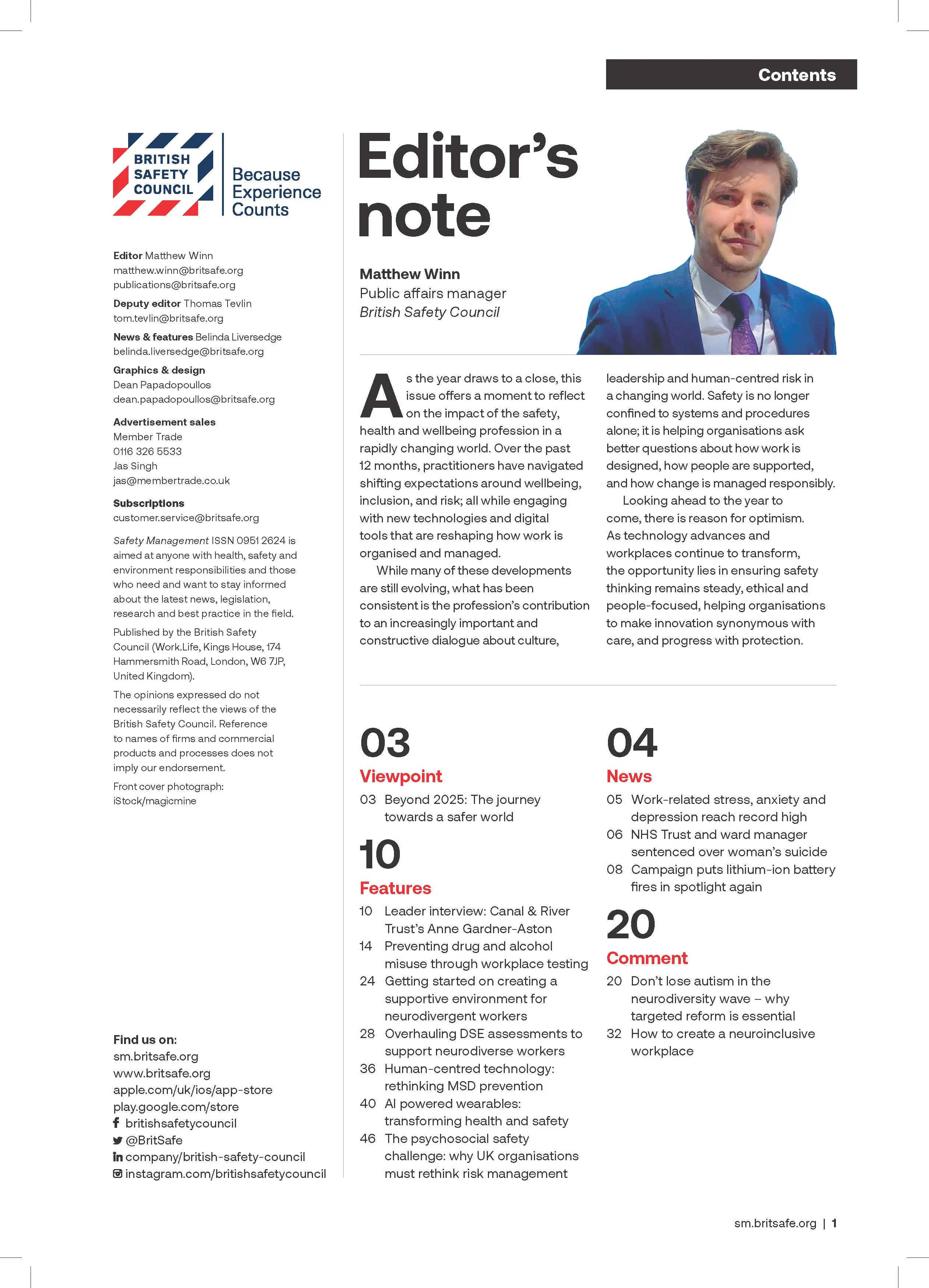Employers will bear the brunt of the £40 billion in tax rises announced in the UK Government’s Autumn Budget, prompting questions about the impact this could have on new jobs and pay rises further down the line.
News
‘Bold’ Budget promises public services investment boost but employer tax rises raise questions about jobs impact
UK Chancellor Rachel Reeves presented the Labour Government’s first Budget in 14 years to Parliament on 30 October, outlining plans to invest heavily in public services and infrastructure. She said the Budget would “restore economic stability and begin a decade of national renewal”, with more than £100 billion to be ploughed into roads, railways, schools and hospitals over the next five years.
 UK Chancellor Rachel Reeves presented the Labour Government's first budget in 14 years to Parliament on 30 October. Photograph: House of Commons
UK Chancellor Rachel Reeves presented the Labour Government's first budget in 14 years to Parliament on 30 October. Photograph: House of Commons
The Government promised not to increase income tax or employee national insurance contributions (NICs) for “working people”, turning instead to businesses by increasing employer national insurance contributions by 1.2 per cent to 15 per cent from April 2025. The threshold at which employers begin paying NICs will reduce to £5,000 from £9,100, while the freeze to personal income tax and NIC thresholds will not be extended. The Budget also included an increase in the national minimum wage, which from next April will rise to £12.21 per hour for over-21s.
British Safety Council chairman Peter McGettrick described the Budget as “bold and significant”, acknowledging that “tough choices” had to be made to meet the challenges of boosting investment in public services. However, he emphasised the importance of fairness and balance.
“The Chancellor clearly honoured her promise not to increase taxes in people’s payslips, but while the smallest employers will be protected from an increase to employer NICs, many others will see their bills go up which could put new jobs at risk,” said McGettrick.
Institute for Fiscal Studies director Paul Johnson cautioned that workers would feel the impact of the increased employer national insurance contributions. He said: “The OBR [Office for Budget Responsibility] suggests that three-quarters of the impact of employer NICs will be felt by employees, even if the changes don’t show up on payslips.
“Indeed, these tax rises partly explain why the OBR has downgraded its projections for real household income growth over the next few years. Somebody will pay for the higher taxes – largely working people. The employer NICs rise will further increase the incentive for employers to switch to contracting with the self-employed.”
McGettrick said a lack of investment in mental health and wellbeing in the Budget was a “surprising omission, when we know the cost that poor mental health and wellbeing has on our productivity and growth”. He also raised concerns about the record number of people who are economically inactive due to long-term health conditions, and said British Safety Council looks forward to seeing more detail on how the Government will address this issue when it publishes its forthcoming ‘Get Britain Working’ White Paper.
The Budget contained an additional £22.6 billion a year for the NHS, to beat the backlog and drive through reform. This is to be accompanied by £3 billion of capital investment over two years, £2 billion for health R&D and £1.5 billion to increase NHS bed capacity.
Also included in the Budget was a commitment to build 1.5 million new homes and to invest £1 billion to accelerate the removal of dangerous cladding from buildings next year, following the findings of the Grenfell Tower Inquiry. Retail crime was addressed with a promise to provide funding to crack down on the criminal gangs behind it and to end immunity for those who engage in low-value shoplifting.
“We welcome the targeted responses in the Budget to societal challenges faced by people in work, such as threats to safety from shoplifting and violence, as well as continued funding to address the legacy of Grenfell,” said McGettrick, adding that investment announced in future technology, specific industries and R&D “should give a real boost to may areas of the UK, by helping to create new jobs and shore up confidence”.
NEWS

Employment rights bill passes into law, bringing 'work into the 21st century'
By Belinda Liversedge on 24 December 2025
Lawyers have joined unions to hail the passing of the employment rights bill into law as ‘the biggest upgrade on workers’ rights in a generation’.

Traffic wardens to work in groups 'for own safety' after facing abuse from drivers
By Belinda Liversedge on 24 December 2025
Traffic wardens in one local council are being sent out to patrol in groups because of threats and abuse.

Buncefield explosion 20 years on: legacy continues to protect people and places, says HSE
By Belinda Liversedge on 11 December 2025
On the day of the Buncefield fire’s 20th anniversary, 11 December 2025, HSE has reflected on the ‘profound changes’ the catastrophic fire has had on the major hazards sector’s management of risk.



